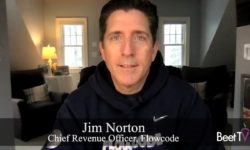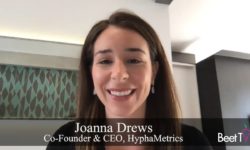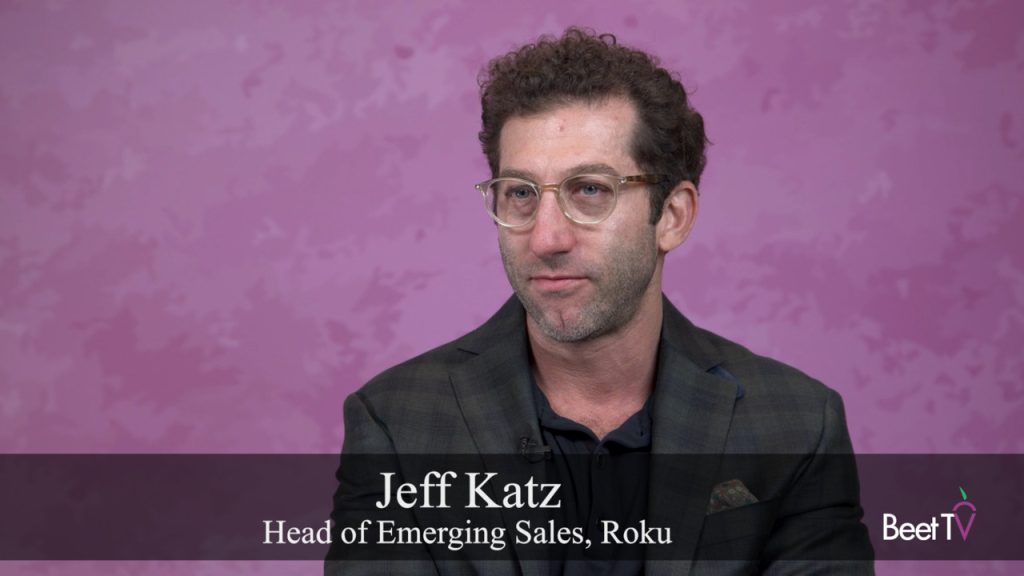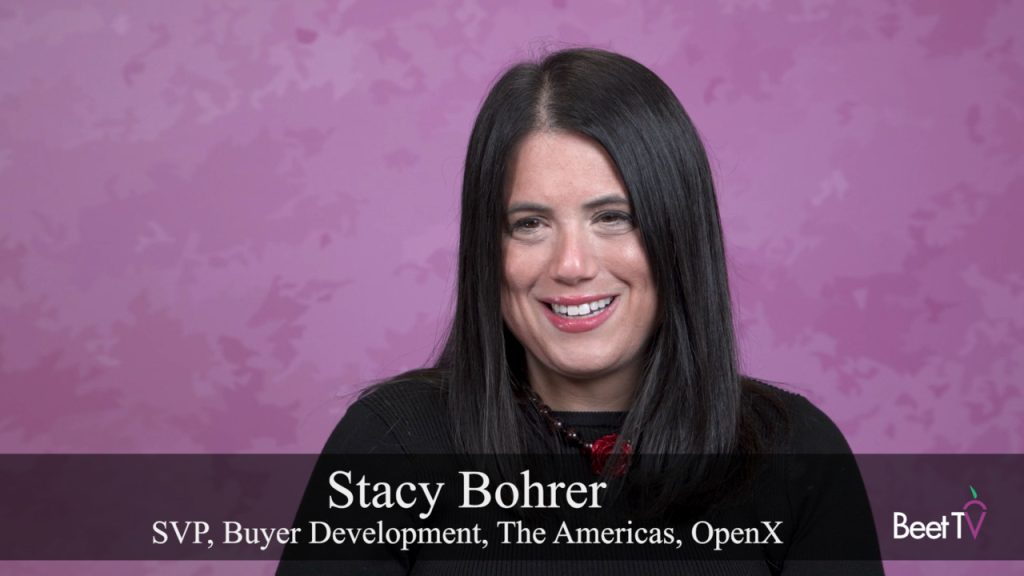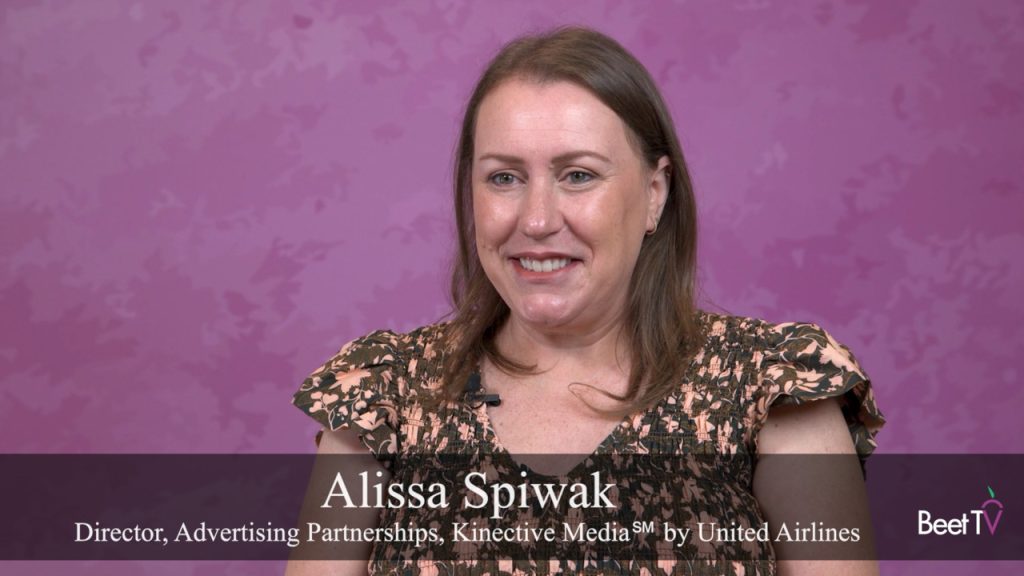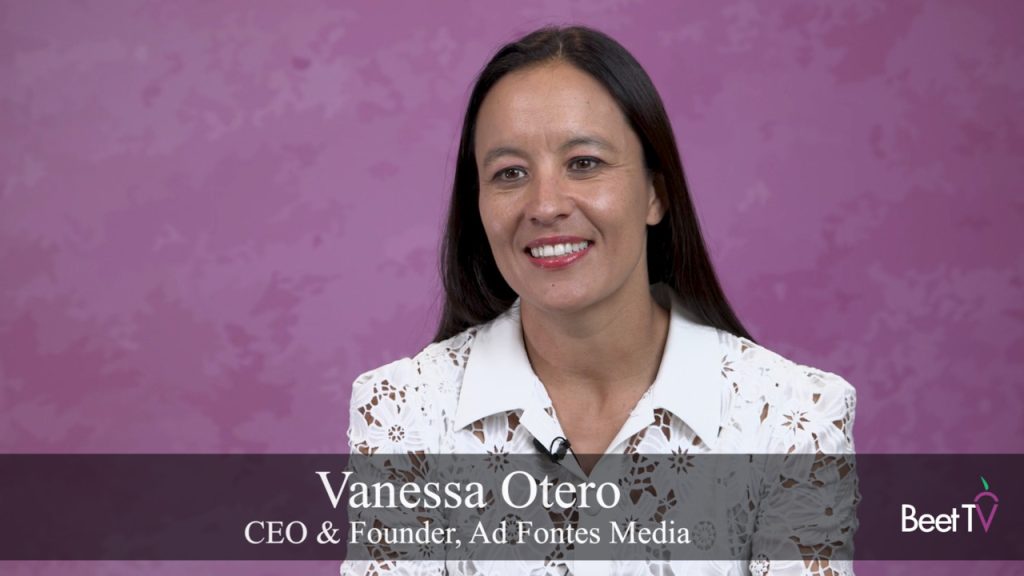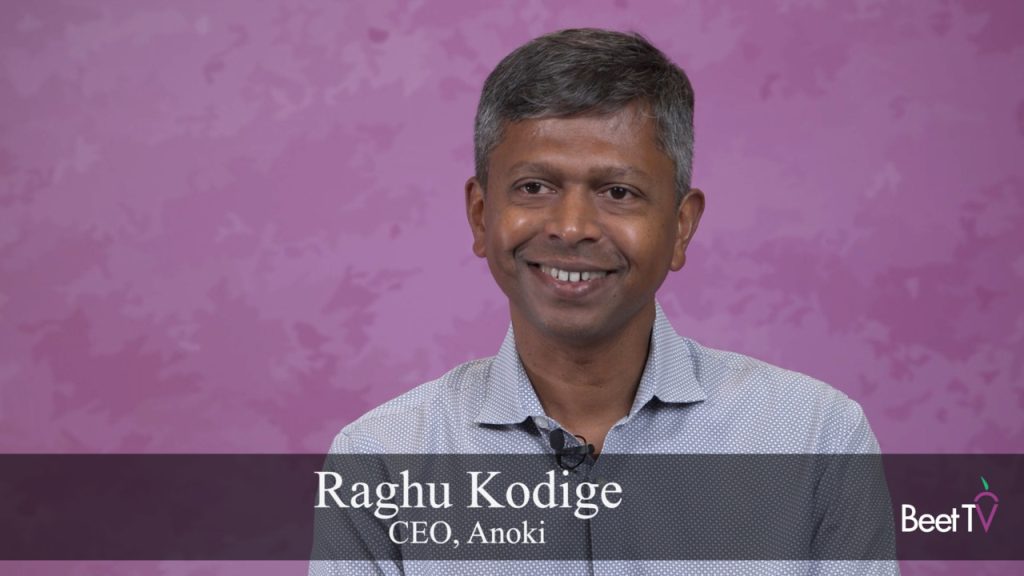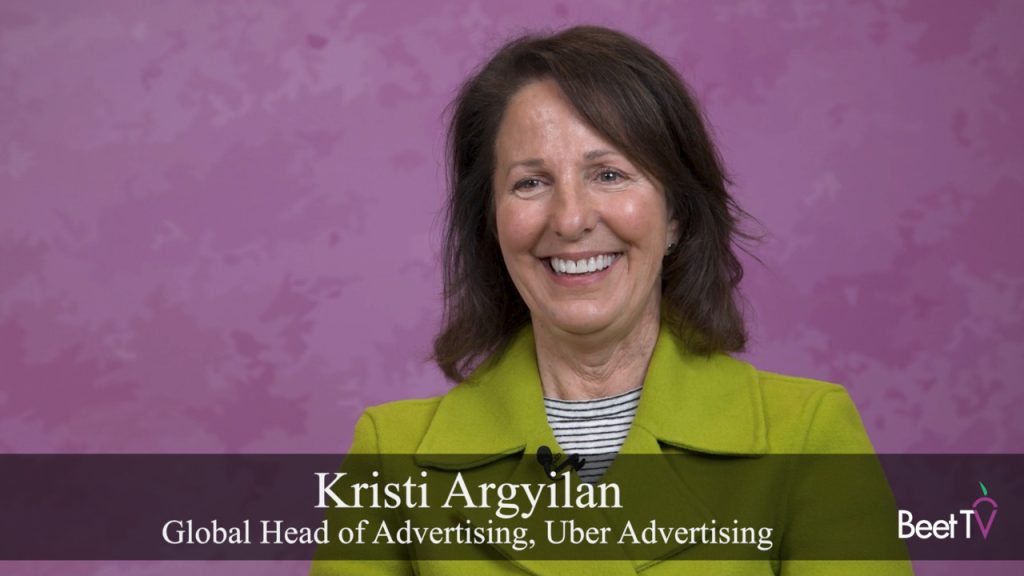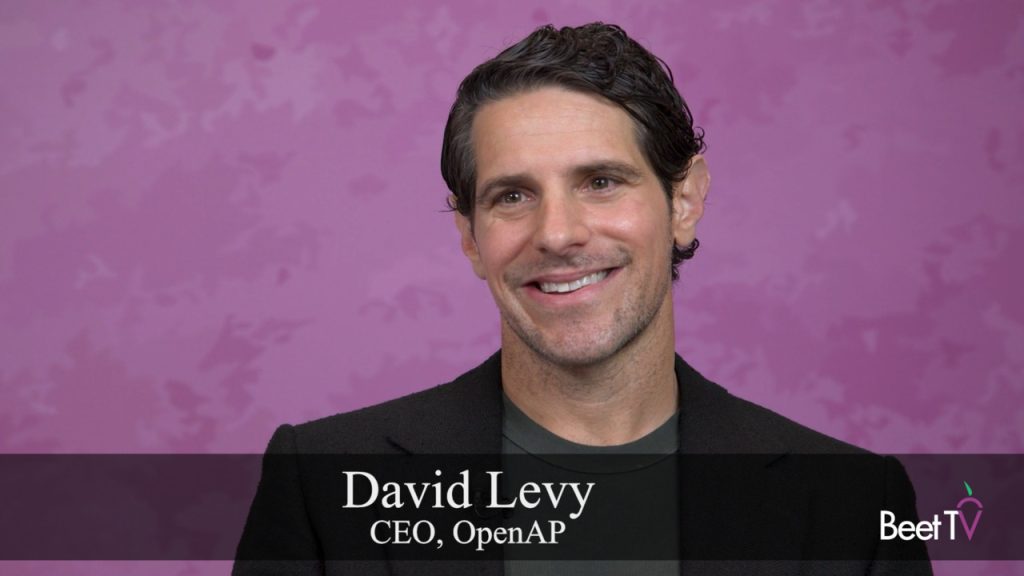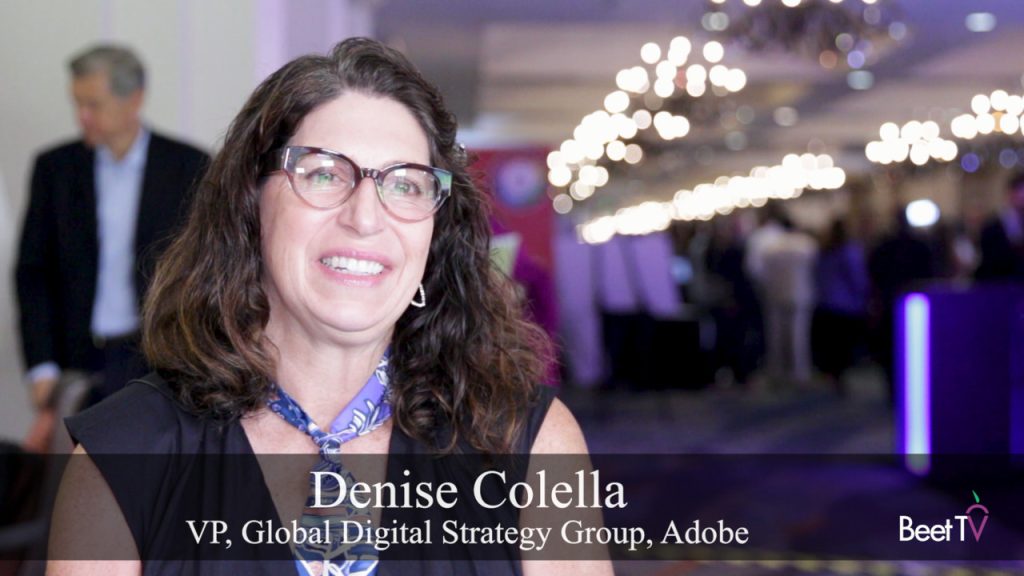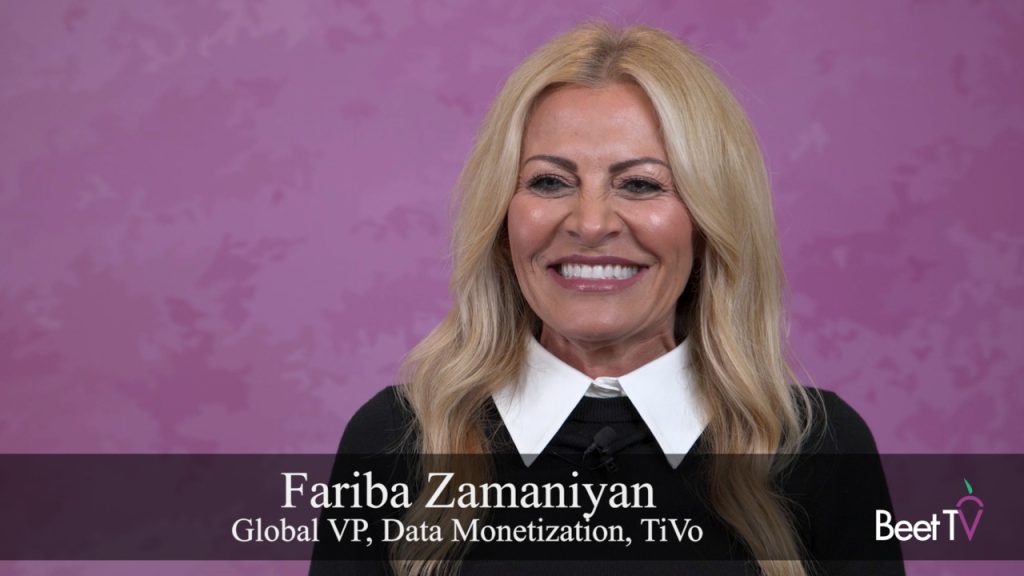LOS ANGELES – Families with young children are spending more time with digital entertainment as the coronavirus pandemic limits many of the outdoor activities they used to have, spurring demand for kid-friendly programming. Increasingly, those households are turning to digital platforms like over-the-top and streaming services for shows they can enjoy together.
WildBrain Spark, the multichannel network that makes and presents videos for kids, is looking to help more marketers reach homebound families that are looking for shows that parents can feel good about. Increasingly, that programming is found on digital platforms including over-the-top and streaming services that have become the “digital hearth,” Charles Gabriel, head of U.S. advertising at WildBrain Spark, said.
“There is more family watch time … you want to curate that experience for them,” he said in this interview with Beet.TV. “Watching together has actually become an activity, whether that’s a Friday night family activity for a household, or that’s expanded into more than one night a week. ”
The company reaches most of its audience through YouTube, the video-sharing platform run by Alphabet’s Google unit, and is ramping up its digital advertising sales after focusing on linear TV in multiple market.
“YouTube is still the No. 1 platform for kids viewing,” Gabriel said. “They’re well distributed. You can access everywhere. Outside of YouTube, you’re starting to see that growth on the other platforms.”
Not Just Toy Advertisers
While toy makers are a top category of advertisers that seek to reach kids, Wildbrain Spark is targeting any marketer that wants a brand-safe environment to connect with parents who have the purse strings.
“We focused heavily on some of our core clients, which are often in the toy category — which makes sense in the kids space — and focused on the major holding companies and some key agencies,” Gabriel said. “Anybody with a family-related message or creative like that really should be in front of some of this premium programming, just for the brand safety aspect, which is one play for advertisers.”
In addition to the entertainment, retail and consumer packaged goods categories, Gabriel sees the possibility for automotive, technology and telecommunications brands to advertise among its programming. Wildbrain Spark is a part owner of the storied “Peanuts” characters and related intellectual property, and its roster also includes the Teletubbies, Inspector Gadget, Strawberry Shortcake and teen-focused show “Degrassi.”
“Our IP is very well known,” Gabriel said of his conversations with ad agencies and marketers. “Once people see the IP, they see the characters in our portfolio, they see some of the shows and they understand the scale, the conversations tend to move pretty quickly.”
Children’s Privacy
Marketing to children for years has raised ethical concerns about influencing impressionable young people, and the digital age has heightened awareness about privacy. In the United States, the Children’s Online Privacy Protection Act (COPPA) of 1998 requires the Federal Trade Commission to enforce rules on digital privacy for children under age 13.
With marketers and online platforms prevented from collecting data on children, the contextual-based targeting becomes more significant for advertisers.
“You want to make sure you have good content alignment,” Gabriel said. “You do have a few of the platforms making themselves COPPA-compliant by making sure they’re not collecting the data and using the data.”
Services like Disney+ that don’t carry advertising narrow the market for family-oriented programming to other platforms like Wildbrain Spark.
“It’s a huge opportunity because of how much kids and family programming is behind paywall,” Gabriel said. “The rise of Disney+ starts to leave a significant hole for advertisers, and how they’re going to access kids and family.”







